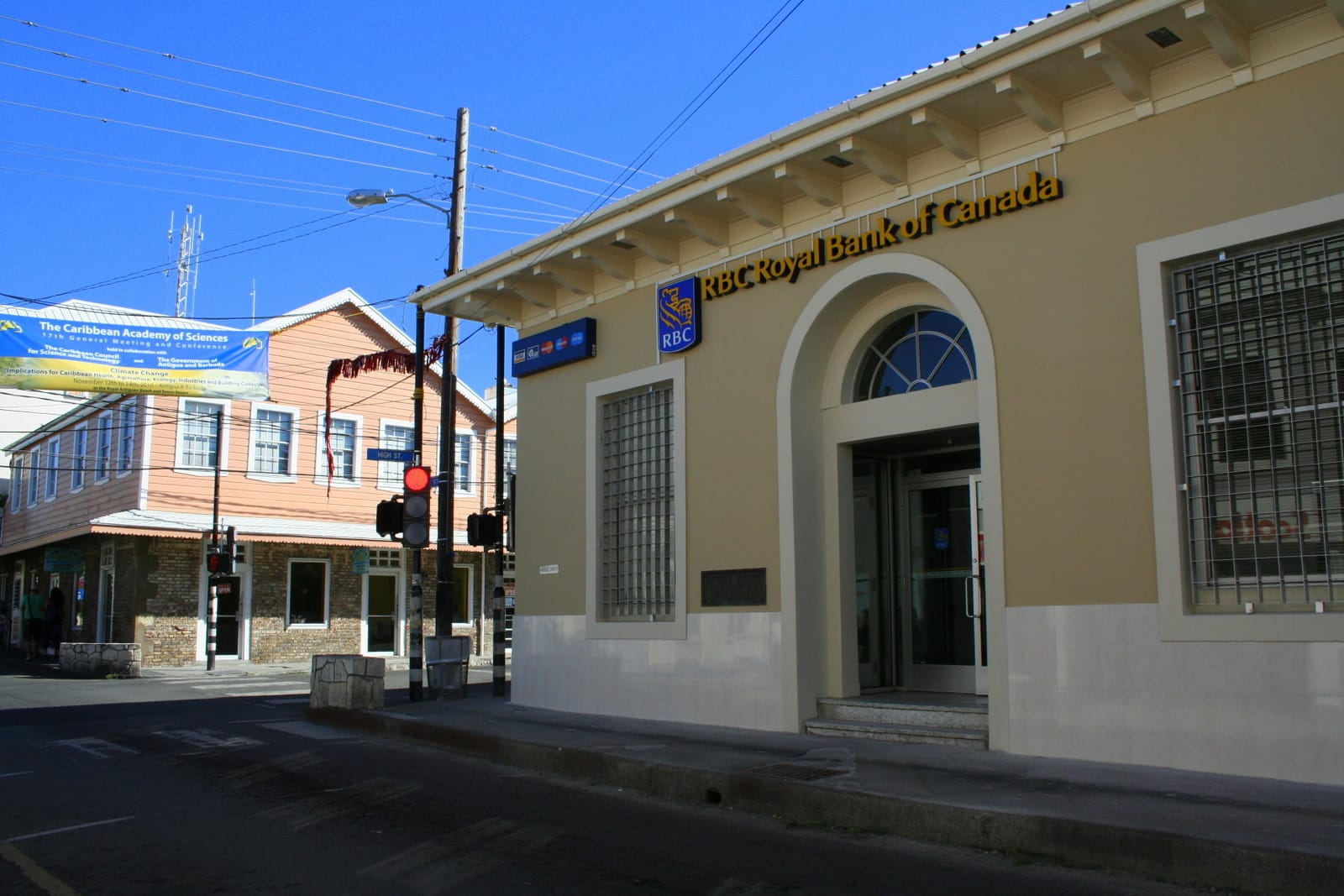
The Antigua and Barbuda Workers Union (ABWU) says it has won a landmark case in the Industrial Court against the Royal Bank of Canada (RBC) on behalf of the Bank’s Employees.
The ABWU says the judgment handed down on Friday is likely to have repercussions across the industrial landscape in Antigua and Barbuda.
In that case, the union challenged a unilateral decision by the financial institution not to pass on negotiated increases to its employees who had reached the maximum salary scales in their respective categories.
ABWU General Secretary, David Massiah, explained that paying negotiated increases to all employees in the bargaining unit had been the established practice dating back over twenty years.

However, in 2004, the RBC took a unilateral decision to discontinue the practice of across-the-board increases to all members in the bargaining unit.
Instead, it instituted a practice whereby a “one-time bonus payment” was granted to employees in instances where across-the-board percentage increases would have resulted in some salaries exceeding the maximum salary scale within the applicable range.
According to Massiah, the union took a dim view of this practice and contended that no lump-sum or bonus payment should be made following negotiated increases. He stated, “in our considered opinion, irrespective of whether an employee reaches the maximum within his/her scale, all employees within the bargaining unit should benefit when salary increases go into effect.”
For almost fifteen (15) years, subsequent agreements between the ABWU and RBC were concluded without this issue being settled. All efforts to resolve same through the processes established by the Antigua and Barbuda Labour Code failed and in 2013, the matter was referred to the Industrial Court.
In its findings, the court held that between 1995 and 2004 RBC had accepted as settled practice a range movement across the board for each year.
The ruling emphasized that, “the departure from that practice in the circumstances, being a unilateral decision of the employer (RBC) as disclosed by oral and documentary evidence, was contrary to good industrial practices.” The court determined further that RBC’s practice of one-time lump sum payments was “unacceptable” and resulted in what it termed “the masking of the Employees’ true standard basic rate of pay and the creation of serious anomalies.”
Massiah is quite pleased with the decision of the Industrial Court as he believes that this practice is in place in other establishments within the private sector. He expressed the view that the ruling will have serious implications for employees in these entities as well.
The ABWU now has to make a determination of exactly how many workers are affected by the practice in order to ascertain the total amounts outstanding to these employees some of whom no longer work for RBC.
Attorney-at-Law, Joanne M. Massiah and Mrs Cindy Blanchard Industrial Relations Officer of the Antigua and Barbuda Workers’ Union appeared on behalf of the employees. Mrs. Andrea C. Roberts-Nicholas and Ms. Safiya Roberts Attorneys-at-law at Roberts & Co appeared for the employer .
Advertise with the mоѕt vіѕіtеd nеwѕ ѕіtе іn Antigua!
We offer fully customizable and flexible digital marketing packages.
Contact us at [email protected]

















No one on God’s green Earth could ever convince me to have ANYTHING AT ALL to do with this bank. Not to open account, not even to walk inside this bank. Dem just tooo dam WICKED!! Can’t remember the name of the gentleman that they caused to much pain and anguish to for YEARS and then the court ruled in his favour.
LIONEL NEDWELL
LIONEL NEDWELL
LIONEL NEDWELL
https://antiguaobserver.com/protestor-says-to-bank-free-my-money/
“Gad cuss” pan dat bank fu dem wicked ways.
Comments are closed.